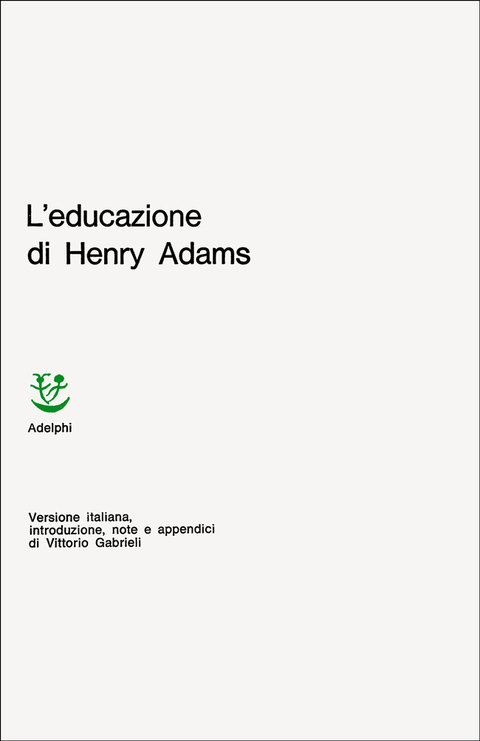

diplomat father, that the British recognized the legitimacy of the Confederate belligerency and came close two years later to recognizing the Confederacy as a state. It was fascinating for me to learn that in 1861, when the author arrived in England as a private secretary to his U.S.

Grant, Rudyard Kipling and Robert Louis Stevenson, to name a few. In one it's 1860 and Henry Adams travels as a courier for the American consulate to Sicily to find Garibaldi "in the Senate house toward sunset, at supper with his picturesque and piratic staff, in the full noise and color of the Palermo revolution." He also meets William Makepeace Thackery, Robert Browning, Algernon Swinburne, Charles Lyell, Ulysses S. His writing is wry with patches of brilliance and, less often, turgidity. His historical gamut stretches from the American Revolution to the years just before World War I. He was a Boston Puritan born in 1838 who at sixteen attended Harvard College-severely berated here-and went on to pursue a career as a journalist, novelist and historian. Author Henry Adams was grandson of President John Quincy Adams and great-grandson of President John Adams. Written in the third person, at times overbearingly acerbic. They constitute one of the greatest philosophical meditations on the human condition in all of literature.Įpistemological inquiry in the form of self-denigrating autobiography. Taken together with his other books, Adams in this spiritual, monumental volume attempts to bring together into a vast synthesis all of his knowledge of politics, economics, psychology, science, philosophy, art, and literature to attempt to understand the place of the individual in society.

He published Mont Saint Michel and Chartres, his masterwork in this dazzling effort, in 1904. Functioning in the worlds of both practical men and affairs as a journalist and an assistant to his father, an American diplomat in Washington and London, and of ideas as a prolific writer, as the editor of the prestigious North American Review, and as a professor of medieval, European, and American history at Harvard, Adams of the few men of his era attempted to understand art, thought and culture as one complex force field of interacting energies. This oldest and most distinguished family in Boston produced John Adams and John Qunicy Adams, two American presidents, and thus gave Henry the opportunity to pursue a wide-ranging variety of intellectual interests during the course of his life. Noted American historian Henry Brooks Adams wrote his nine-volume History of the United States during the Administrations of Jefferson and Madison (1889-1891) and also a famous autobiography, The Education of Henry Adams (1918). Librarian Note: There is more than one author in the GoodReads database with this name.


 0 kommentar(er)
0 kommentar(er)
